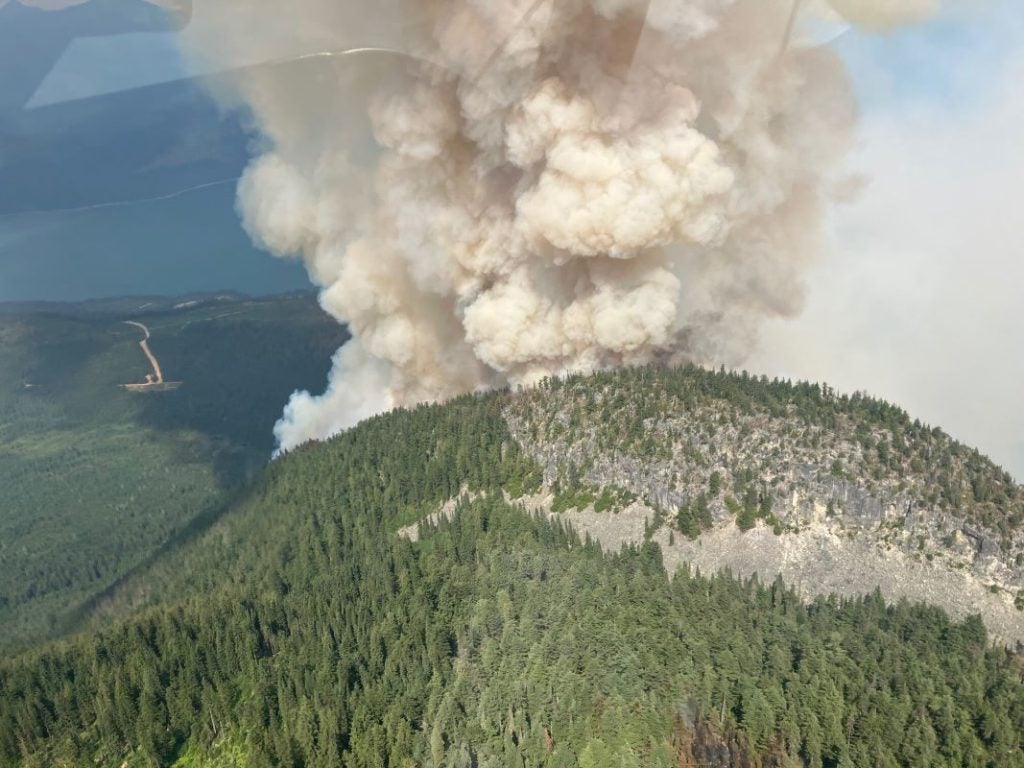Angola is currently producing 1.1 million barrels per day (bpd) of crude oil, a similar level to its output before it left the Organisation of the Petroleum Exporting Countries (OPEC), and it expects to maintain this level of production until at least 2027.
Crude oil output has steadily declined in Angola, Africa’s second largest producer, after hitting a peak of 2 million bpd in 2008. The country has since aimed to produce more natural gas to make up for the oil decline.
Speaking at CERAWeek, José Barroso, Angola’s secretary of state for oil and gas, said: “Our aim is at least to keep this level of production until 2027-2030.”
He added that the country is embarking on an aggressive campaign to attract investors, claiming that new discoveries in places such as Guyana has led to more competition for mature assets in places like Angola.
“Newcomers are bringing more competition to the industry because investors now have the choice to invest in one place or another,” he said.
Following a disagreement on a quota that limited Angola’s plans to stabilise crude production above 1m bpd, Angola left OPEC in 2023.
How well do you really know your competitors?
Access the most comprehensive Company Profiles on the market, powered by GlobalData. Save hours of research. Gain competitive edge.

Thank you!
Your download email will arrive shortly
Not ready to buy yet? Download a free sample
We are confident about the unique quality of our Company Profiles. However, we want you to make the most beneficial decision for your business, so we offer a free sample that you can download by submitting the below form
By GlobalDataCommenting on the matter, Barroso said, “If you set a production level below our actual potential, it could jeopardize current investment and eventually future investment. That’s why we decided to leave OPEC.”
Nevertheless, there is still collaboration between OPEC and Angola, and Barroso has not ruled out an eventual return to the group.
“We never closed the door, we keep on talking as we may have common interests in some areas, and we are still discussing, talking to the people,” he added.
On the question of where Angola would like oil prices to be, Barroso said he would be happy with a price ranging between $85 and $90, which would be good for producers and buyers.







